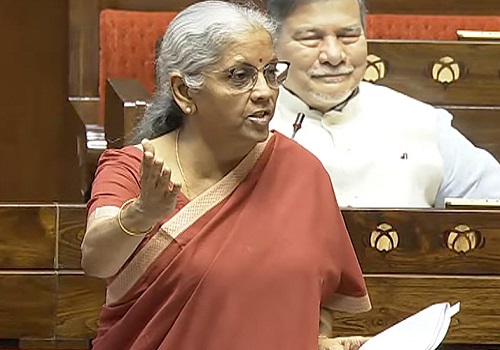SEBI proposes HNI sub-categorisation for IPO allotment process

Market regulator SEBI on Monday proposed several changes in which non-institutional investors (NIIs), especially the high networth individuals (HNIs), are alloted share via a initial public offering (IPO).
Accordingly, SEBI in a consultation paper expressed concerns over the proportionate allotment methodology in the case of NIIs.
At present, the minimum bid size for HNI application is above Rs 200,000.
"It is observed that a few large NIIs are able to crowd out smaller NIIs for allotment in an IPO," the consultation paper said.
The consulation paper also proposed that NIIs may be sub-divided into two categories.
"PMAC (Primary Market Advisory Committee) has recommended that considering the fact that smaller NIIs, are getting crowded-out in the current process, NII category may be further divided into two sub-categories," it said.
According to the papaer, the first sub-category should entail one third of the allocation earmarked for NIIs for application size ranging above Rs 2 lakh and up to Rs 10 lakh.
The second sub-category should hold two third of the allocation earmarked for NIIs for applications above Rs 10 lakh.
The consultation paper also proposed that proportionate allotment in case of NII category may be discontinued and draw of lots allotment to be introduced, as is currently applicable for RII (Retail Individual Investors) category.
In addition, the PMAC has recommended that a minimum price band in case of all public issues through book built process may be 5 per cent more than the floor price.
The book building method is used to elicit demand and to assess the price for price discovery.
It is a mechanism where, during the period for which the initial public offer (IPO) is open, bids are collected from investors at various prices, which are above or equal to the floor price and less than or equal to upper or cap price.
The offer price is determined after the bid closing date.
















